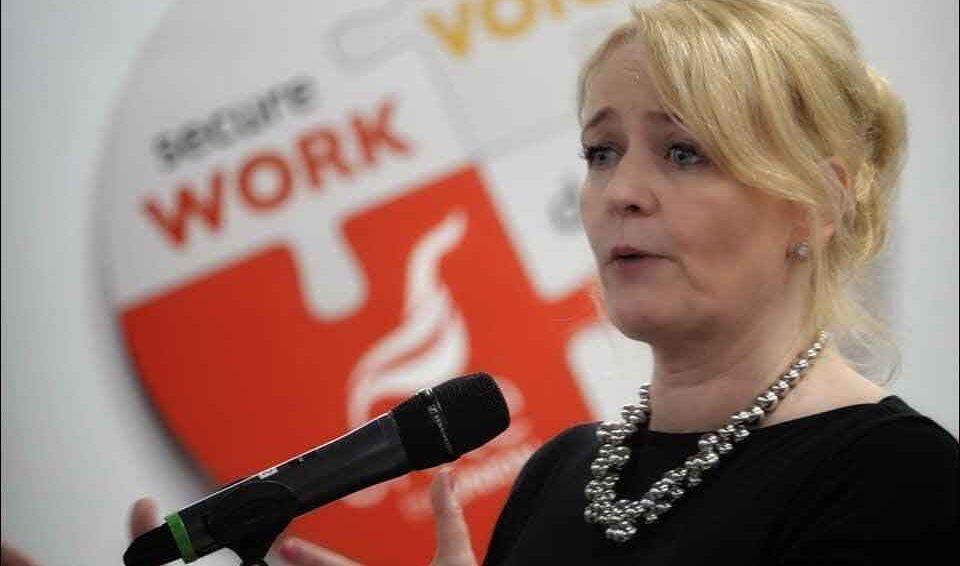

By Tim Nailsea
An important promise in General Secretary Sharon Graham’s manifesto when she ran for her position was to:
‘Establish and fully fund Shop Steward-led Combines (networks of Reps) for every Sector.
These are welcome changes. Unite, like other trade unions, has for far too long been dominated by its bureaucracy, made up of full-time officials, many of whom have not been on the shop floor for years, and some of whom have spent almost their entire working lives pursuing careers within the union apparatus.
Our regional structures, while supposedly controlled by elected lay members, are far too often led by the nose by the bureaucracy and, as a result of being organised along geographical as opposed to industrial lines, are less able to respond to issues in different sectors, i.e. in the workplace.
How the combines will operate in practice is still uncertain, however it appears that, to begin with at least, regional and national combines in particular sectors will be called by the union leadership, open to all reps in those industries. The stated aim is that the combines will not only set demands and draw up plans for campaigns in each industry, but that they will be ‘steward-led’.
Rank-and-file leadership
It is absolutely right that rank-and-file shop stewards, elected by and accountable to workers and active in workplace, should set policy for their industry. It is also correct that any such structures should not be just internal democratic organs of the union, but organisations of struggle, forming and implementing strategies.
That officials should convene the initial meeting is understandable, but that first meeting should elect its own leadership to implement the decisions of the meeting and convene the next. Otherwise it will be ‘steward-led’ only in name.
What is also uncertain are the actual powers that these combines will have. The most important of these has to be the power to control negotiations with the bosses and organise strike action as and when necessary. At the moment, these are jealously guarded by regional officials (for local disputes) and NEC (for national disputes) but in the cut and thrust of rising inflation, they need to be devolved to stewards and combines, as indeed they were in the 1970s.
Graham is silent on this, so the assumption has to be these rank-and-file bodies are only “advisory”; the bureaucracy would retain all the powers it had previously. We have to challenge her on this, otherwise,as soon as the combines come into conflict with the officials or the national executive, they will be marginalised. Without a clear constitutional role, any power these bodies have would be subject to the whims of the leadership.
Next steps
Nevertheless the setting up of the combines would offer a great opportunity to contact every shop steward in our sector and raise the expectations of all our members with the prospect of industry-wide battles with thousands of workers on our side. We should demand they are set up promptly and shop stewards are centrally involved in mobilising for it with a bulletin, workplace meetings and national zoom calls, so we can kick off with a massive attendance.
Very often in the trade union movement, we see bodies set up with the stated aim of ‘empowering’ the membership, only for these to be dominated in one way or another by the bureaucracy. We need more than just verbal assurances that this will not happen – we need these combines to have full constitutional authority to lead disputes, and we need them structured in such a way that domination by full time officials is impossible.
We should therefore demand: